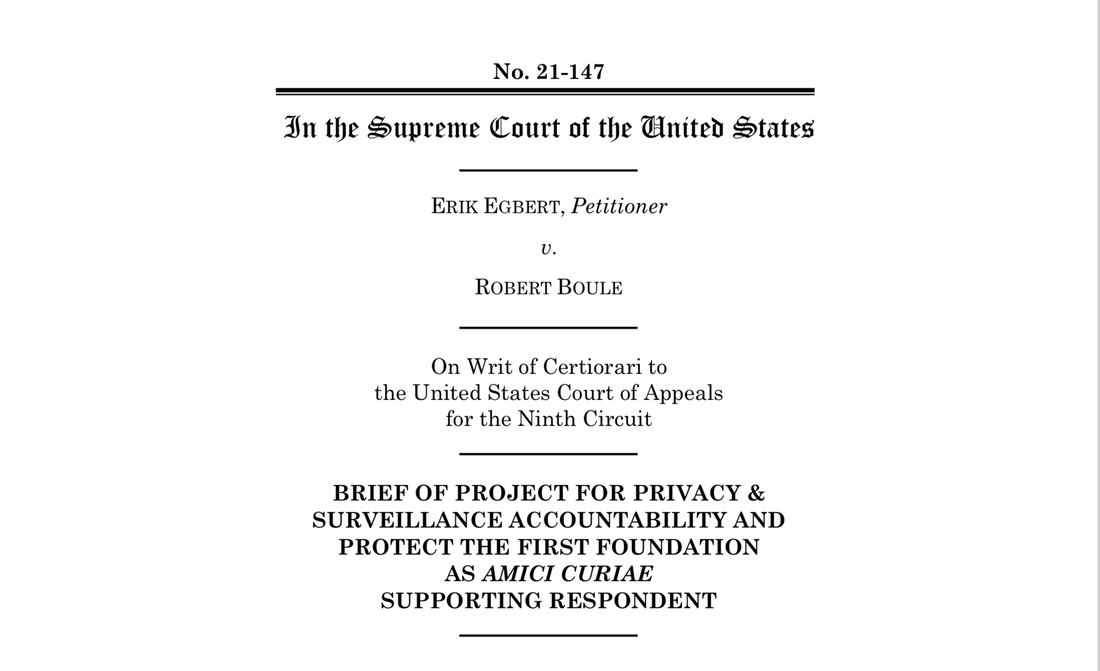|
Robert Boule, the owner of a bed and breakfast near the U.S.-Canadian border in Washington state, somehow engaged the suspicion of U.S. Border Patrol Agent Erik Egbert. The agent followed Boule as he drove into his inn’s driveway with a guest from Turkey, who had legally arrived in the United States the day before.
When Boule got out of the car, Agent Egbert asked to search the car’s interior. Boule refused and asked the agent to leave. Agent Egbert shoved Boule against the car and to the ground. The agent proceeded with his search, leaving Boule with back and hip injuries. When Boule reported Agent Egbert to his superiors, Egbert filed meritless reports against Boule with state and federal authorities. (It probably didn’t help Boule that the name of his establishment is the “Smuggler’s Inn.”) Boule sued, claiming that Agent Egbert had violated his First Amendment rights by trying to shut him up with meritless accusations. Boule also claimed his Fourth Amendment rights were violated by the warrantless search of his car. The Ninth Circuit Court of Appeals upheld Boule’s claims. Protect The 1st Foundation filed a brief on Wednesday evening asking the U.S. Supreme Court to uphold the Ninth Circuit’s ruling. Nothing less than the ability of all Americans to continue to press their First Amendment claims against the government is at stake. A claim brought under Bivens v. Six Unknown Named Agents of Fed. Bureau of Narcotics (1971) is the only remedy for most Americans seeking redress for a violation of their First Amendment rights. From the time of Magna Carta, the right to sue the Crown for a violation of one’s rights has been a basic principle of English law. Shortly after the American Revolution, U.S. federal courts recognized a common-law right of individuals to sue government officials for damages to remedy violations of foundational law. As English jurist William Blackstone noted, it would be an “absurdity in any system of positive law, to define any possible wrong, without any possible redress.” Simply put, a right that cannot be enforced is not a right. If the Court holds that Boule can’t pursue his First Amendment Bivens claim, it would shut the door on what is usually the only effective legal means for redress for the violation of one’s First Amendment right to report the bad behavior of a government agent. For all these good reasons, Protect The 1st Foundation tells the Court it should let the Ninth Circuit ruling stand. Comments are closed.
|
Archives
June 2024
Categories
All
|
ABOUT |
ISSUES |
TAKE ACTION |



 RSS Feed
RSS Feed